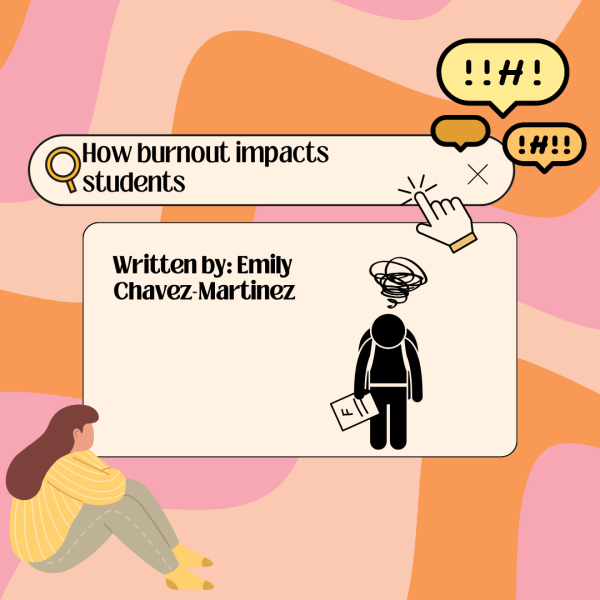What is Self-Care?
Self-care is “the practice of taking an active role in protecting one’s own well-being and happiness, in particular during periods of stress” (Oxford Languages).
This practice is incredibly important, especially towards your physical and mental health, as it improves your risk of illness, your stress levels, and can increase your overall energy (National Institute of Mental Health).
There are numerous ways to pursue self-care, such as…
Physical self-care:

- Eating a balanced meal: make sure to have a healthy balance between carbohydrates, vegetables, fruit, meat, dairy, sugar, oil and fat (Harvard University).
- Go for a walk: get outside and breathe the fresh air! (The University of Toledo).
- Move your body: physical activity is important for our bodies and minds. It allows us to break a sweat and get endorphins out of our body, even a short 10–30-minute exercise will help you feel better physically (Oregon Counseling).
- Get enough sleep: Not getting enough sleep can make us feel groggy and low energy. Getting adequate sleep can help improve your emotions and make you feel more energized. (In Its Season).
Mental self-care:

- Listen to music: Listen to your favorite uplifting song and create a playlist to listen to when you need to take some time to slow down (JED).
- Read a good book: Reading can engage the reader and can cause a plethora of emotions to arise. It can also bring joy to the reader, as it can create a sense of distraction from the current issues (National Alliance of Mental Illness) .
- Write things down: Journaling and letting yourself get out any emotions can help yourself feel lighter and less stressed (University of Rochester Medical Center)
- Listen to a podcast: Listening to a podcast can engage the listener, which can give you some time to relax and listen to a good story (USD).
Emotional self-care:

- Set boundaries: prioritizing yourself over others when you usually put others first, especially when they are pushing your boundaries and making you uncomfortable, is important towards your emotional wellbeing (Advanced Care Health Centers).
- Appreciate some silence: Taking a moment in a quiet place to reset and recharge is a good idea, especially if you have a fast-paced schedule. Ensuring that you get a moment to yourself to breathe is important (Choosing Therapy).
- Don’t ignore how you feel: Suppressing emotions can actually be physically and mentally damaging. It can lead to memory loss, high anxiety, and increased chances of depression. So, when possible, don’t ignore how you feel; acknowledge your feelings, process them, then choose your reaction (UC Health Today).
- Make time for activities you enjoy: doing something you enjoy can stimulate numerous positive emotions, increasing your mood and physical health (Very Well Mind).
- Allow yourself to take breaks: taking a break, especially from doing work, is important. It allows you to rest, recharge, and to take a step back for a moment and breathe. Work can make us extremely overwhelmed, which can end up damaging the quality of work produced anyways (The Human Condition).
Students with jam-packed schedules show higher risks for anxiety and depression (Southern New Hampshire University), so, these individuals in particular should pursue occasional acts of self-care. Even little actions that are often overlooked can bring joy into their lives.
Specifically, students at Dakota should be especially conscious of their mental, physical, and emotional wellbeing, as there are 2,000+ students attending. Thus, resources are spread a bit thin, so focusing on self-care will be incredibly beneficial.
Your donation will support the student journalists of Dakota High School. Your contribution will allow us to purchase equipment and cover our annual website hosting costs.









sammi lewis • Mar 30, 2023 at 9:49 pm
Very informative! I 100% agree that self-care is extremely important for your physical being and mental health. This is well-written and brings light to such an important subject, especially for high school students.